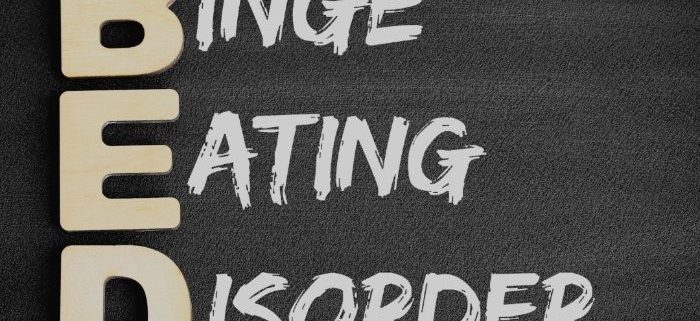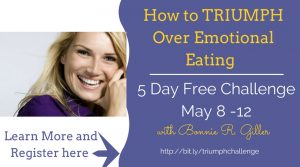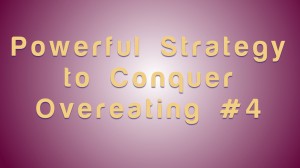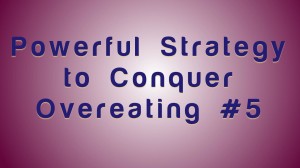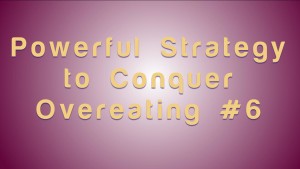What is Binge Eating Disorder and How is it Treated?
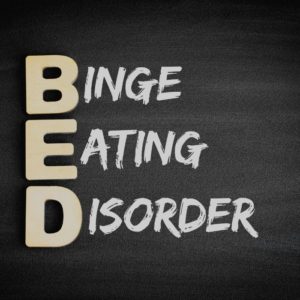 According to the National Eating Disorder Association (NEDA), Binge eating disorder (BED) is a severe, life-threatening, and treatable eating disorder characterized by:
According to the National Eating Disorder Association (NEDA), Binge eating disorder (BED) is a severe, life-threatening, and treatable eating disorder characterized by:
- Recurrent episodes of eating large quantities of food in a short period, while also feeling a loss of control during the binge.
- Experiencing shame, distress, or guilt after a binge.
- Not using unhealthy compensatory measures (e.g., purging) to counter the binge eating (if someone binges and purges, that is bulimia).
Why Does BED Develop and Who is at Risk?
While there is not one specific cause for BED, there are a few risk factors that make some people more susceptible:
- Chronic Dieting: Binge Eating Disorder is one of the many negative consequences of restrictive dieting. The younger someone starts “dieting,” the higher their chance of developing BED. Restricting calories (aka dieting), can trigger a binge, especially in those who have symptoms of depression. (If you need help to stop dieting, scroll to the bottom of this page and join the Break the Spell of Diets in 3 Days online experience – for free!)
- Negative Body Image: Feelings of negative self-worth can increase the risk for a binge, which is often triggered by stress, feelings of sadness, or emotional distress.
- Family History: There is a genetic link between family history and all eating disorders.
- BED is more common in women: In the US, 3.6% of women experience BED at some point in their lives, compared to 2.0% of men.
- Emotional Trauma: Abuse, death, family separation, bullying, or other stressful life events can increase risk factors for BED.
While BED can develop at any age, it most commonly begins in late teens and early ’20s. With an increased focus on diet trends and picture-perfect social media profiles, teens are more susceptible to using food as a coping mechanism to manage emotions. The sooner one receives support, the sooner they will be on the road to recovery.
Health Risks of Binge Eating Disorder
Binge eating can be related to a variety of physical, emotional, and social issues. Chronic health conditions, such as heart disease, diabetes, and high blood pressure, are strongly linked to being overweight and obese. BED can also impact one’s mental and emotional health, resulting in higher rates of insomnia, anxiety, depression, and other mental health issues. Finally, BED can interfere with social relationships and engagements.
Signs and Symptoms of BED
- Going through large amounts of food in short periods of time
- Stashes of empty wrappers and containers
- Appears or feels uncomfortable eating around others
- Avoidance of eating in public or with others
- Hoards food in odd places
- Carves out time in the schedule for a binge session
- Withdraws from usual friends and activities
- Always appears to be on a diet and has an extreme interest with body weight and shape
- Feelings of shame, embarrassment, depression, or guilt after overeating
- Never feeling satisfied, no matter how much food is consumed
- Extreme fluctuations in weight, both up and down
- Stomach cramps or other non-specific gastrointestinal complaints
Treatment
Treatment for Binge Eating Disorder is a multidimensional approach with a treatment team that includes a physician, registered dietitian, and therapist trained in BED.
If you are suffering with BED, or you know someone who is, please reach out for support. Recovery is possible.
Article sourced from my newsletter, Radiant Health.

